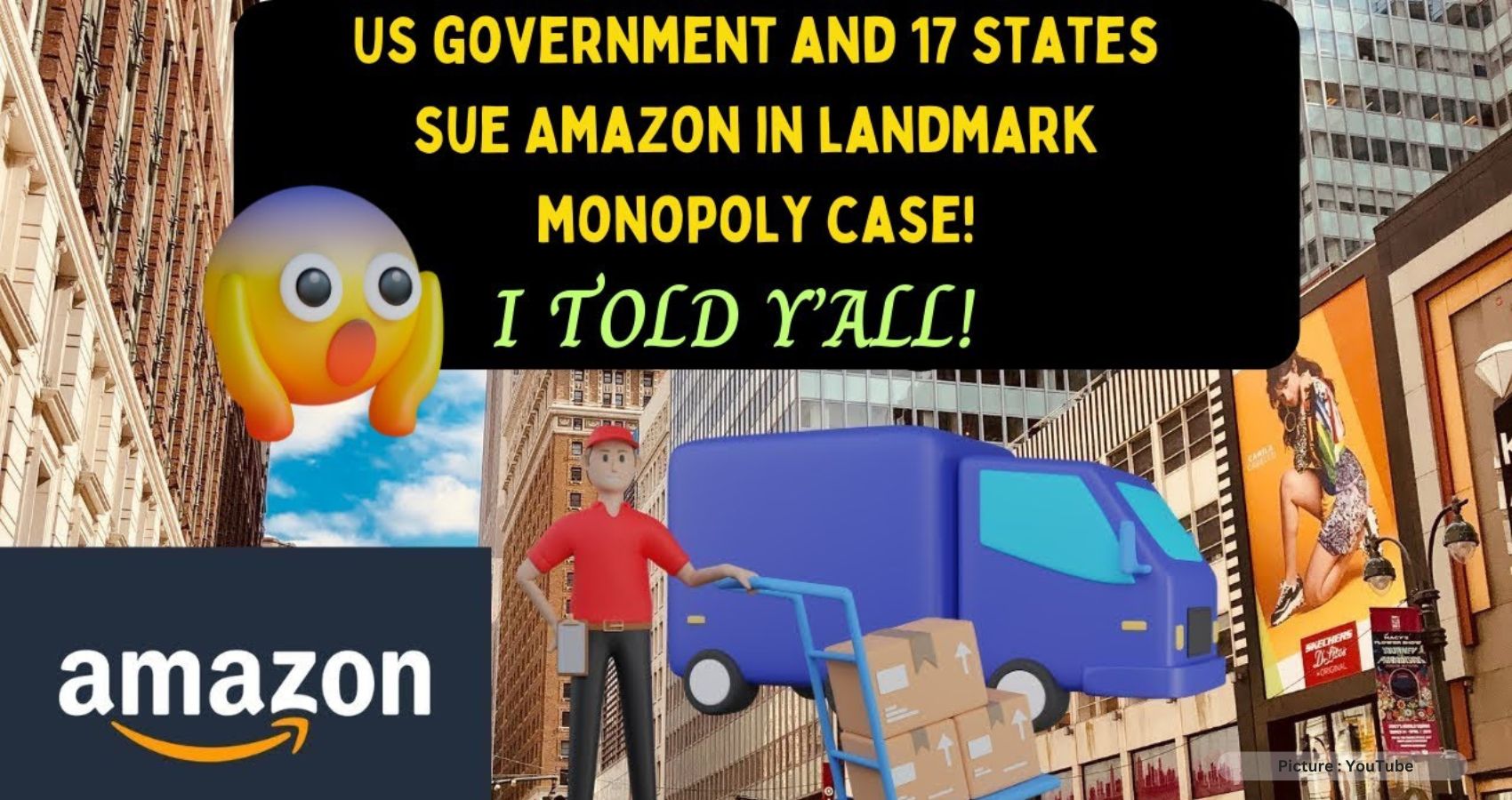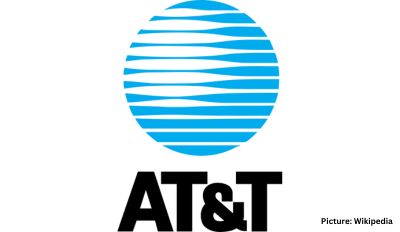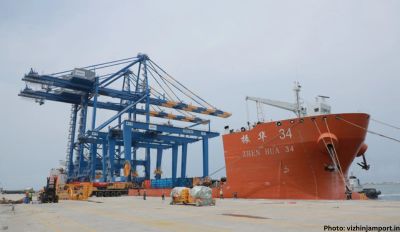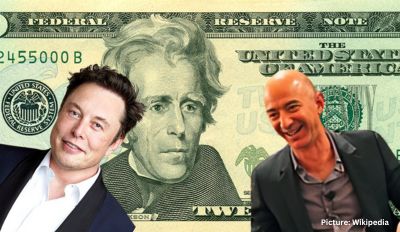The US government and 17 states are taking legal action against Amazon in a significant monopoly case that highlights years of allegations surrounding the e-commerce giant’s misuse of its economic dominance and its impact on fair competition.
This groundbreaking lawsuit has been jointly filed by the Federal Trade Commission (FTC) and 17 state attorneys general. It represents the most aggressive move to date against Amazon, a company that originally started as an online bookstore but has since grown into a global e-commerce behemoth, often referred to as the “everything store.” Amazon has expanded its operations to include the sale of a wide range of consumer products, established a far-reaching logistics network, and ventured into other technological domains, including cloud computing.
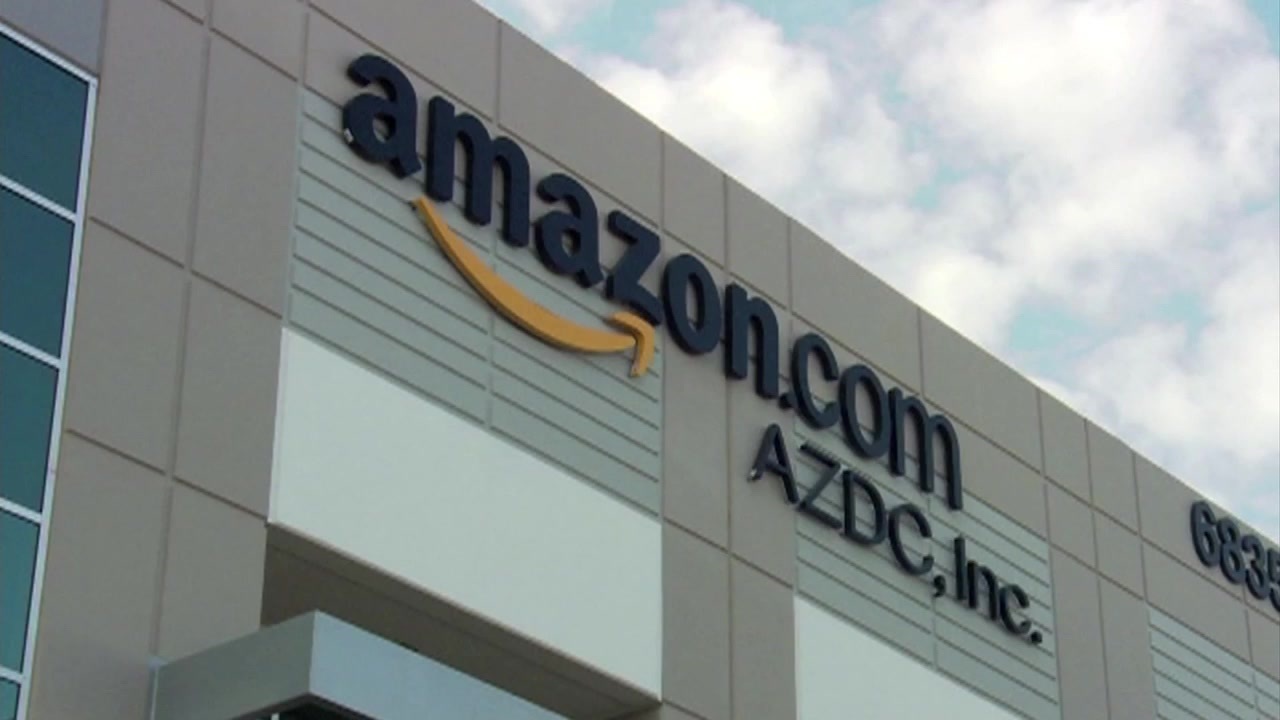 The 172-page complaint alleges that Amazon engages in unfair practices that prioritize its own platform and services at the expense of third-party sellers who rely on the company’s e-commerce marketplace for distribution. One example highlighted by the FTC is Amazon’s requirement for sellers on its platform to use Amazon’s in-house logistics services to qualify for benefits like “Prime” eligibility. Additionally, the complaint contends that Amazon unfairly compels sellers to list their products on Amazon at the lowest prices available anywhere online, rather than allowing them to offer their products at competitive prices on other platforms.
The 172-page complaint alleges that Amazon engages in unfair practices that prioritize its own platform and services at the expense of third-party sellers who rely on the company’s e-commerce marketplace for distribution. One example highlighted by the FTC is Amazon’s requirement for sellers on its platform to use Amazon’s in-house logistics services to qualify for benefits like “Prime” eligibility. Additionally, the complaint contends that Amazon unfairly compels sellers to list their products on Amazon at the lowest prices available anywhere online, rather than allowing them to offer their products at competitive prices on other platforms.
These practices have already been the subject of a separate lawsuit filed against Amazon by the Attorney General of California last year. Due to Amazon’s dominant position in e-commerce, sellers often feel compelled to accept Amazon’s terms, which, according to the FTC, results in higher prices for consumers and a less favorable shopping experience. The FTC also alleges that Amazon prioritizes its own products in search results over those of third-party sellers.
FTC Chair Lina Khan emphasized that Amazon is aggressively focused on preventing others from achieving the same level of customer reach it has. She stated, “This complaint reflects the cutting edge and best thinking on how competition occurs in digital markets and, similarly, the tactics that Amazon has used to suffocate rivals, deprive them of oxygen, and really leave a stunted landscape in its wake.”
Seventeen states are participating in this legal action: Connecticut, Delaware, Maine, Maryland, Massachusetts, Michigan, Minnesota, New Jersey, New Hampshire, New Mexico, Nevada, New York, Oklahoma, Oregon, Pennsylvania, Rhode Island, and Wisconsin.
The complaint has been filed in the US District Court for the Western District of Washington, and it seeks a court order to halt Amazon’s alleged anticompetitive behavior. While the FTC has not ruled out the possibility of breaking up Amazon, the focus at this stage is primarily on determining liability. The complaint, however, does suggest that any court order could potentially include “structural relief,” referring to the possibility of breaking up Amazon.
Furthermore, the FTC has not ruled out the idea of holding individual Amazon executives personally responsible if there is sufficient evidence of their involvement in the alleged anticompetitive conduct.
This lawsuit against Amazon follows similar actions taken against other tech giants like Google and Meta, marking a growing trend of government scrutiny and antitrust allegations against major tech companies. The legal proceedings are expected to be protracted, but they underscore the increasing global scrutiny and concerns regarding the market power of Big Tech companies.
In response to the FTC’s allegations, David Zapolsky, Amazon’s Senior Vice President of Global Public Policy and General Counsel, defended the company’s practices, stating that Amazon has contributed to competition, innovation, and product variety in the retail industry. He argued that Amazon has facilitated lower prices, faster delivery, and opportunities for small businesses to sell their products.
Zapolsky also warned that if the FTC’s lawsuit succeeds, it could lead to higher prices for consumers, slower delivery times, and increased costs for Amazon’s operations, which might result in higher Amazon Prime subscription fees and less convenience for customers.
Over the years, Amazon has faced criticism from various quarters, including US lawmakers, European regulators, third-party sellers, consumer advocacy groups, and others. These critics have accused the company of a range of issues, including mistreatment of its workers and the imposition of anticompetitive terms on third-party sellers.
The FTC’s lawsuit, however, is more focused and takes aim at Amazon’s conduct in two specific markets: the “online superstore” market, where Amazon’s actions are alleged to harm consumers, and the “online marketplace services” market serving independent sellers. The complaint also highlights Amazon’s self-promotion of its own products in search results, which it believes is linked to the anticompetitive behavior under scrutiny.
This lawsuit represents a significant moment in FTC Chair Lina Khan’s career, as she has been at the forefront of efforts to scrutinize and regulate Amazon and other tech giants for antitrust violations. Khan’s leadership at the FTC has led to a more aggressive enforcement stance, particularly in the tech industry.
The lawsuit against Amazon by the FTC and 17 states is a pivotal development in the ongoing debate over the market power of tech giants. It underscores the government’s increasing focus on antitrust issues in the digital marketplace and raises significant questions about the future of Amazon and other major technology companies.

